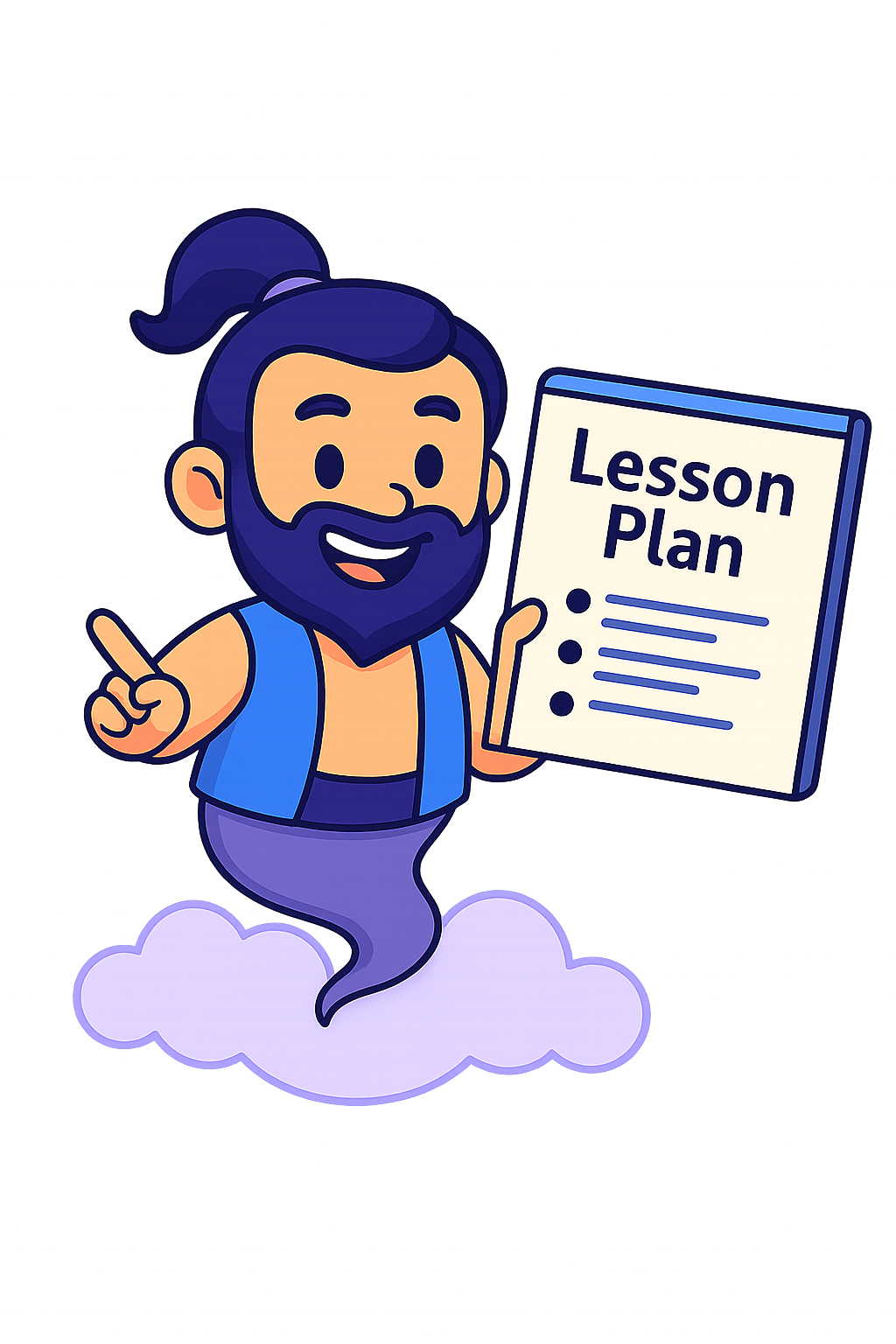 Writing Informative Texts with Supporting Evidence
Writing Informative Texts with Supporting Evidence
Objective: Students will learn to write informative texts that introduce a topic clearly, develop the topic with facts and details, and use specific evidence to support their ideas.
Learning Objectives
- Understand what an informative text is and its purpose.
- Identify the main topic and supporting details in a sample text.
- Write an informative paragraph on a chosen topic with clear facts and evidence.
Materials Needed
- Notebook or writing paper
- Pencils
- Sample informative text (prepared by parent or found in a child-friendly book)
- Graphic organizer for planning writing (topic, facts, supporting details)
- Colored pencils or markers
Key Vocabulary
- Informative Text
- A type of writing that gives facts and information about a topic.
- Topic
- The subject or main idea that the writing is about.
- Supporting Evidence
- Facts, details, or examples that explain or prove the main idea.
Detailed Activities
Introduction to Informative Texts
- Read a short, age-appropriate informative text aloud with your child.
- Discuss the topic of the text and ask your child what facts they learned.
- Explain that informative writing shares facts about a topic and helps readers learn.
Identifying Supporting Evidence
- Using the same text, help your child find at least three facts or details that support the topic.
- Write these facts down together in a graphic organizer under ‘Supporting Evidence’.
- Discuss why these facts help explain the topic.
Writing an Informative Paragraph
- Help your child choose a simple topic they know well, such as a pet, favorite food, or a hobby.
- Use the graphic organizer to list the topic and three facts or details about it.
- Guide your child to write a paragraph introducing the topic and including the supporting facts clearly.
- Encourage your child to use complete sentences and check their work for clarity.
Parent & Instructor Notes
- Encourage your child to speak about their chosen topic before writing to organize their thoughts.
- It’s okay if the writing is simple; focus on including facts and clear ideas.
- Praise your child’s effort and gently help them with spelling and sentence structure.
Assessment Questions
- What is the main topic of your paragraph?
- Can you tell me three facts that support your topic?
- Why is it important to include facts when writing informative texts?
Extension Ideas
- Have your child create a small poster or booklet on their topic using drawings and facts.
- Read different types of informational books and compare how facts are presented.
- Practice writing informative paragraphs on new topics weekly to build skill.
Frequently Asked Questions
Ask them questions about the topic to help them think of details, such as ‘What do you like about this?’ or ‘What can you tell me about it?’ You can also look up simple facts together.
Encourage them to say their sentences aloud first. You can write the sentences for them and have them copy, or help them sound out words slowly.
Teacher’s Guide
Common Misconceptions:
- Children may think they only need to write their opinion instead of facts.
- Some students may include unrelated details instead of supporting evidence.
- Students might confuse narrative writing with informative writing.
Scaffolding Ideas:
For Struggling Students:
- Provide sentence starters like ‘My topic is…’, ‘One fact is…’
- Use drawings to help them think of facts before writing.
- Allow verbal responses or dictate their ideas to you.
For Advanced Students:
- Encourage them to include definitions or examples to explain facts.
- Have them write multiple paragraphs with subtopics.
- Introduce simple research using books or safe websites for more facts.
Pacing Recommendations:
- Spend about 10-15 minutes on reading and discussing the sample text.
- Use 10 minutes to identify facts and fill the graphic organizer.
- Allow 15-20 minutes for writing and revising their informative paragraph.
Standards
- 5.W.3c — Write informative/explanatory texts to examine a topic and convey ideas and information clearly, including using facts and definitions to develop points.
Printable Worksheet
Plan Your Own Lesson
Looking for a custom lesson plan? Try our Lesson Planning Generator — create standards-based plans for any topic, instantly!
Common Core Aligned Lesson Plans
Looking for another common core lesson? See all of the lesson plans here.
More Free Lesson Plans
We’re adding more every week! Check back soon or explore all our lesson plans here.

 Writing Informative Texts with Supporting Evidence
Writing Informative Texts with Supporting Evidence
Leave a Reply